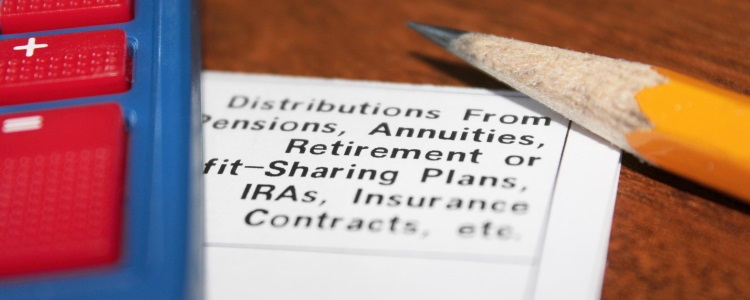If you have bad credit and just can’t seem to get that “yes” on auto financing, don’t lose hope! Even with special financing dealers, there are things that can stand in the way of an auto loan. But we have some tips to help when you’re in that “what now?” situation.
Down Payment vs. Cosigner
If they're unable to qualify for a loan on their own, most subprime borrowers are typically left with either making a large down payment out of pocket or getting a cosigner. In some cases, you may need both.
A down payment should always be looked at positively. The more money you can pay upfront, the lower your interest charges will be over the term of the loan. It may also give you the opportunity to shorten the loan term. Most subprime lenders ask for a down payment of at least 10 percent, but this also reduces the car’s selling price. Tax, title, and license fees aren't automatically included in your loan, and covering these charges is also a good practice. Doing both of these things will help you reduce the interest charges on your loan.
At the same time, asking someone to be a cosigner can be a big deal. The cosigner will have to be someone with good credit and a strong source of income who can be counted on to be responsible for loan payments if you can’t. Usually, people rely on family members or close friends to cosign, because they are putting their credit on the line for you. Making all your payments on time will help build your credit, so there’s a good chance you may qualify for financing without a cosigner next time.
No Credit Check Possibilities
If those options aren’t possible, you may consider a buy here pay here (BHPH) dealer. BHPH dealers don’t rely on indirect lenders to finance, so they typically don’t pull your credit. They'll look for a steady source of income and if you have enough disposable income to make your car payments. However, you'll most likely be required to make those payments in cash at the dealership and you will still need a decent down payment. Make sure the dealer reports your payments to the credit bureaus so that you’ll be in a better credit situation the next time you need a vehicle.
Building a Better Financial Future
 An auto loan can be a great way to build credit, so it can be frustrating to not qualify for one. But knowing the steps to repair your credit can help you begin a more successful financial future. The first step is to know what's on your credit reports.
An auto loan can be a great way to build credit, so it can be frustrating to not qualify for one. But knowing the steps to repair your credit can help you begin a more successful financial future. The first step is to know what's on your credit reports.
Every 12 months, you’re allowed to get a free copy of your credit report from each of the three national bureaus—Experian, TransUnion, and Equifax. The information on your reports can vary between bureaus, so it’s a good idea to monitor them periodically throughout the year. Check them carefully for accuracy and signs of potential fraud. Incorrect negative marks on a report could lead to lower credit scores.
Your credit score, particularly your FICO score, is what potential lenders use to determine your creditworthiness. Knowing what factors make up your FICO score is important. They are:
- Payment History – 35%
- Amounts Owed – 30%
- Length of Credit History – 15%
- Credit Mix – 10%
- New Credit – 10%
Since payment history and amounts owed weigh more than the other factors, it’s wise to work on those first if they're dragging down your score. Payment history shows how you pay your bills. Making all of your payments in full and on time is the best way to begin building up your score. Even one 30-day past due payment can stay on your credit report for seven years.
The “amounts owed” part has to do with your credit utilization ratio—your available credit compared to your credit card balance. Most lenders agree you should keep this ratio under 30 percent. You can calculate your credit utilization by dividing the sum of all your credit card balances by the sum of all your credit card limits.
Helpful Tips
If you don’t qualify for a subprime auto loan right now, it helps to know the lender requirements. Specific requirements vary by lender, but there are a few things you can count on. These typically include a gross income of at least $1,500 a month from a single source of employment, and proof of that income with check stubs. You’ll need a valid driver’s license or state ID, proof of residence with a utility bill in good standing, proof of a working telephone in your name, and at least six personal references with names, addresses, and phone numbers.
Getting the Right Help at the Right Time
Once you are on the right track, finding the right dealer is a must. When you’re ready to start your journey toward a car loan, Auto Credit Express is here to help. We connect people with challenged credit to local special finance dealers that have the lenders available to help get you the financing you need. Our service is free and there is never any obligation. Simply fill out our online auto loan request form to begin.

















